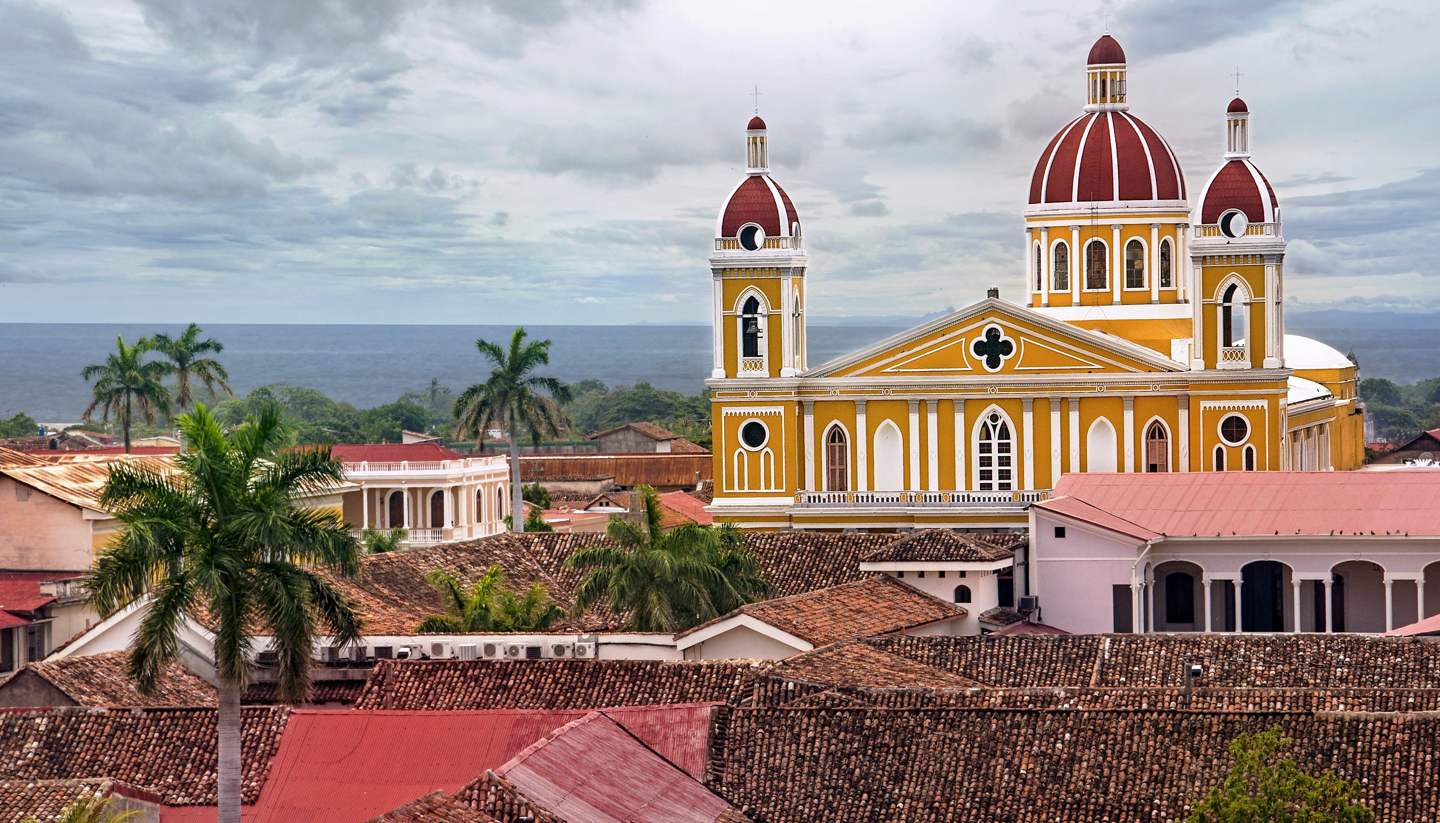Nicaragua Health Care and Vaccinations
| Title | Special precautions |
|---|---|
| Diphtheria | Sometimes |
| Hepatitis A | Yes |
| Malaria | Sometimes |
| Rabies | Sometimes |
| Tetanus | Yes |
| Typhoid | Yes |
| Yellow Fever | No* |
* A yellow fever vaccination certificate is required from travellers arriving or transiting from an infected area:
Angola, Argentina, Benin, Bolivia, Brazil, Burkina Faso, Burundi, Cameroon, Central African Rep., Chad, Colombia, Cote d'Ivoire, Democratic Rep. of Congo, Ecuador, Equatorial Guinea, Ethiopia, French Guiana, Gabon, Gambia, Ghana, Guinea, Guinea-Bissau, Guyana, Kenya, Liberia, Mali, Mauritania, Niger, Nigeria, Panama, Paraguay, Peru, Republic of Congo, Rwanda, Senegal, Sierra Leone, South Sudan, Sudan, Suriname, Togo, Trinidad or Tobago, Uganda or Venezuela.
Passengers are required to prove that they have had a vaccination at least 10 days before arriving in Nicaragua.
Health Care
Each department of Nicaragua has a public hospital. These do not charge for emergency services but do charge for supplies and medicines. There is an extensive network of health posts and health centres in rural areas, but their resources can be limited. There are several private hospitals/clinics in Managua. Many doctors and hospitals require payment in cash before treatment, although some private hospitals may accept credit cards. International travellers are strongly advised to take out full medical insurance before departure. The number for medical emergencies is 118. There is also a free hotline specifically for tourists in need of immediate assistance - if you’ve had an accident, lost important travel documents or been the victim of any crime, call 101.
Food and Drink
Tap water in Managua has been tested and declared safe to drink. Nicaragua’s water is treated and chlorinated, but beyond the capital, drink bottled water is advisable and you should avoid ice cubes in your drinks. Milk in rural areas may be unpasteurised and should be boiled before drinking. Powdered or tinned milk is available and is advised. Avoid dairy products that are likely to have been made from unboiled milk. Only eat well-cooked meat and fish. Vegetables should be cooked and fruit peeled.
Other Risks
Vaccinations against tuberculosis and hepatitis B are sometimes recommended and there are occasional cases of cholera. There has also been an increase in reported cases of dengue fever. To help avoid mosquito bites, cover up and use repellent liberally. Although the risk of rabies is low, you’re advised not touch or pet any stray dogs and animals that you may come across. If swimming, do take care to look out for any signs or warnings regarding strong currents and riptides.


